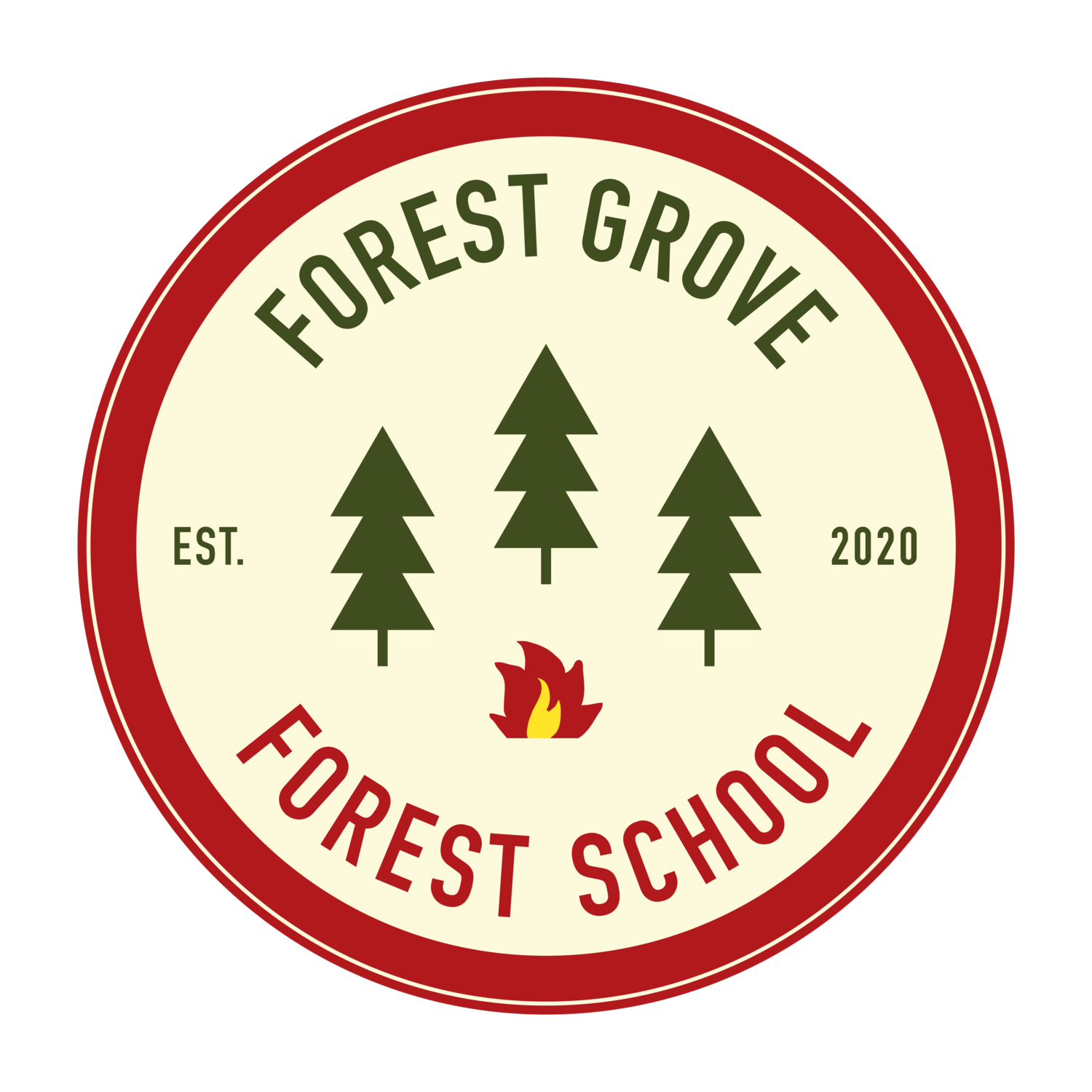Home Learning
Click the button to the right for a resource with a mix of indoor, outdoor, and video activities for you to enjoy with your child at home. This pack also includes some important information on internet safety and screen time. To get the most out of this resource please consider all the information below.
To best support your child’s development and learning it is helpful for you as a parent/carer to understand the theories and frameworks that guide our practice at Forest Grove. An open dialogue between parent/carer and our setting will greatly benefit your child’s experience with us. We will keep you up-to-date with your child’s progress, and we encourage you to feedback to us anything you are noticing outside of Forest Grove.
At Forest Grove we are guided by the Forest School approach: developing confidence, self-esteem and independence through child-led play, exploration, and supported risk taking in a natural environment. Click here for more information on the benefits of outdoor learning.
We also follow the Early Years Foundation Stage (EYFS), which are the government-set standards for learning, development and care of children from birth to five years old. The EYFS outlines 7 Areas of Learning. If you consider these areas of learning whilst spending time with your child you will realise that all areas can be developed by almost any activity or play. You are no doubt already incorporating these areas of learning into the time you spend with your child, below are a few examples of how.
-
Read and talk to your child and ask them questions about what you a discussing throughout. Encourage your child to talk about what they are doing, model this by narrating your play together. Introduce and explain new vocabulary at every opportunity. Sing songs and play rhyming games together!
-
Encourage lots of physical activities with your child. Running, climbing, dancing, catching, or swinging, will develop your child’s gross motor skills. Mark-making, threading, or moulding with clay, will develop your child’s fine motor skills. Stay active!
-
Praise your child to raise their self-esteem. Allow your child to feel and express their feelings, empathise with them give them the language they need to articulate their emotions. Model appropriate social behaviour, let them know what is expected of them in social situations. Be kind, caring and compassionate!
-
Read with your child regularly, encourage them to look at book independently. Engage in rhyming activities and sing your favourite songs together. Encourage mark-making with various materials. Examine different sounds together with rhyming games or word games like I Spy. Make up your own stories together!
-
Incorporate numbers into your play, this could mean counting in Hide and Seek, role-playing shop with transactions, or simply counting objects that you observe or are playing with. Concepts of space, shape and measure can be introduced into messy play quite readily: how much water/sand can we fit in this bucket?
-
Help you child to make sense of the world and community around them. Visit local parks, museums, or libraries. Listen to a broad selection of stories, non-fiction books, songs and rhymes together. Answer your child’s questions, and if you don’t know the answer look it up together!
-
Allow your child to engage, play and create with a wide range of media and materials. Encourage your child to express themselves creatively with song and dance. Give your child the time, space and freedom to become engrossed in imaginative role-play, and join in!

